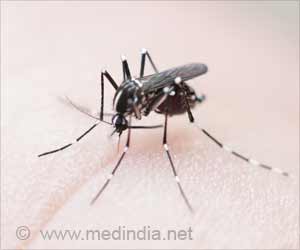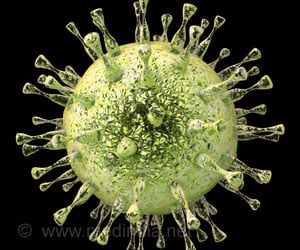Changes in unconventional T cells can predict the disease outcome in severe COVID-19 patients. These changes can be observed by monitoring the activity of these cells in the blood of patients.
- Unconventional T cells can play a beneficial role during severe COVID-19
- MAIT cells and iNKT cells are found to be reduced in the blood and increased in the lungs to control the COVID-19 infection
- Active MAIT and iNKT cells are associated with less susceptibility and quicker discharge of patients when compared to patients with less MAIT and iNKT cells
Read More..
Severity of COVID-19
Most people infected with SARS-CoV-2 experience only mild symptoms.
Some patients show severe symptoms. In these patients, the virus mounts an aberrant inflammatory response that can damage the lungs and result in acute respiratory distress syndrome (ARDS).
Severe cases of COVID-19 can also potentially result in the death of the patient.
Unconventional T cells
These cells help control the response to viral infection.
“Despite this, the role of unconventional T cells in the pathophysiological process of SARS-CoV-2-driven ARDS has not yet been explored,” says, Christophe Paget.
Study Details
The researchers examined 30 researchers who were admitted to intensive care with severe COVID-19.
The severe COVID-19 patients were compared with healthy volunteers or patients admitted in the ICU for other reasons.
The researchers compared the immune cells in the blood and lungs of the participants.
Study Findings
The two types of unconventional T-cells – mucosal-associated invariant T (MAIT) and invariant natural killer T (iNKT) cells were found to be dramatically reduced in the blood of severe COVID-19 patients.
An increase in the number of MAIT cells in the patients’ airways was observed. This finding suggests that these cells might move from the blood to the lungs in order to control SARS-CoV-2 infection response.
The MAIT and iNKT cells were also highly activated in severe COVID-19 patients. They also produced distinct sets of inflammatory molecules.
COVID-19 patients with active MAIT and iNKT during their admittance to the ICU were less susceptible to low blood oxygen levels than those patients with less active MAIT and iNKT.
“This suggests that MAIT and iNKT cells might play a beneficial role during severe COVID-19, although their precise functions and associated mechanisms require further investigation,” says Jouan.
MAIT and iNKT cells could be potential biomarkers or targets of immune intervention strategies. Additional studies need to be conducted to understand more about the role of these cells in SARS-CoV-2 infection.
Source-Medindia
















